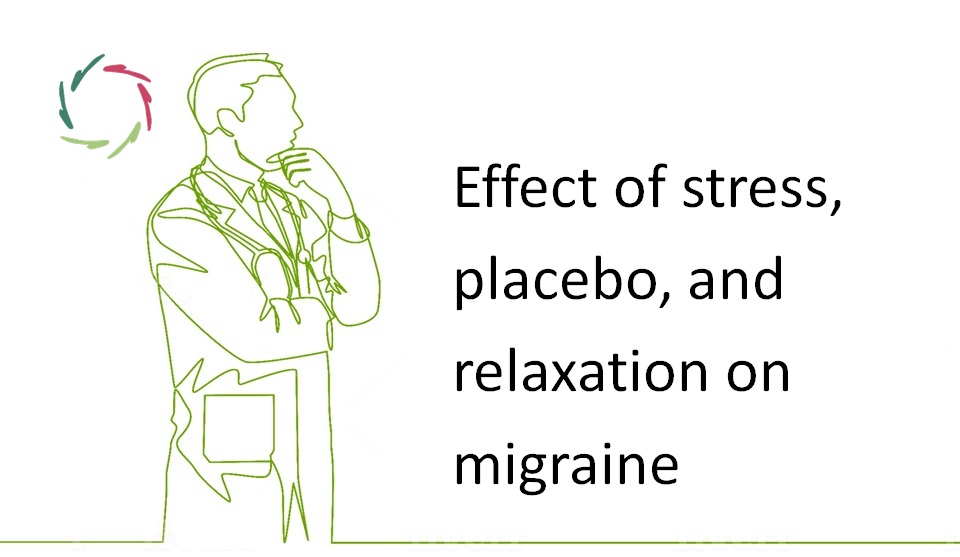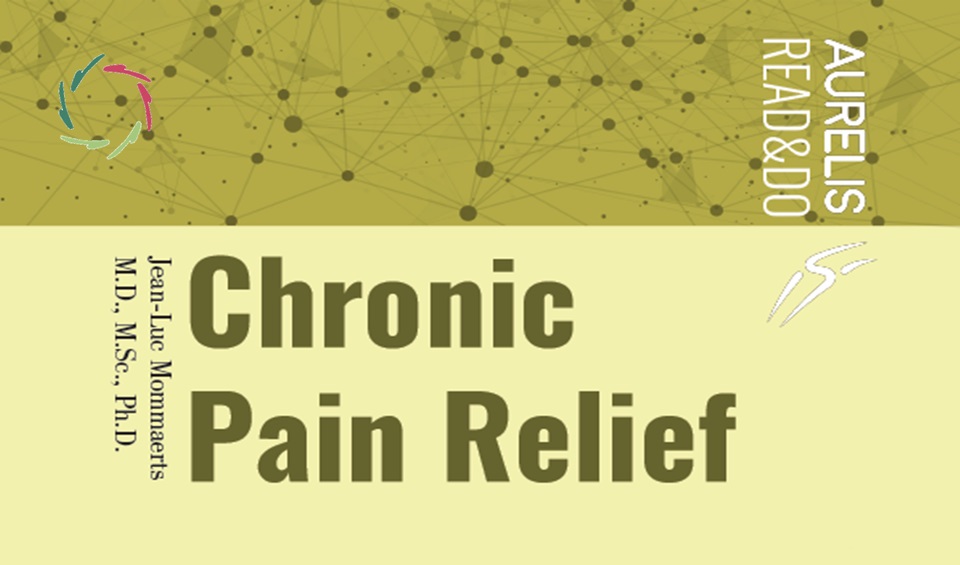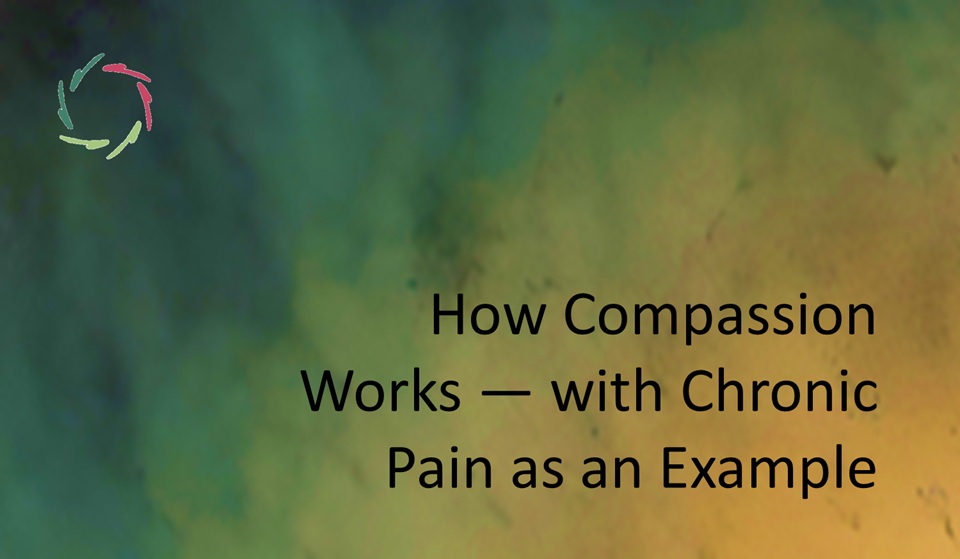Effect of stress, placebo, and relaxation on migraine

In the preface to the 1970 edition of Migraine [Sacks, 1970], Oliver Sacks says, “Some patients I could help with drugs, and some with the magic of attention and interest… it now became apparent to me that many migraine attacks were drenched in emotional significance.”
The comorbidity of migraine and depression is well-known. Patients with both conditions show stronger headache-related symptoms, a more severe clinical course, and higher risk for migraine chronification [Baksa et al., 2017]. Of the 4% of people who consult their family doctor for a headache, 28% have clinically significant levels of anxiety or depression [Ridsdale at al., 2007].
Post-traumatic stress disorder (PTSD) is also significantly more prevalent among migraineurs than in the general population, and there are also data suggesting that PTSD mediates the association between abuse and migraine [Minen et al., 2016].
In a study by S.S. Jhee et al. [Jhee et al., 1998], 67 patients with moderate to severe migraines were followed. They were all administered an oral placebo. Of these patients, 37% experienced an improvement in their headache within two hours after having taken the placebo. Moreover, 48% improved within four hours. These percentages are much higher than with patients who did not receive medication.
The preventive influence of placebo on migraine has been investigated as well. In a study by R. Kaniecki [Kaniecki, 1997], the frequency of migraine attacks was seen reduced with 19% (6/32) in patients treated with a placebo. V. Faria and others researched whether placebo could affect children suffering from migraine. They found that “because pharmacological and non-pharmacological therapies are administered into a complex living being and in a particular context, it is not surprising that expectations and beliefs play a substantial role in shaping the outcome of these therapies, especially in pediatric populations. High placebo response rates, as noted in pediatric migraine trials, can adversely impact the evaluation of new treatments, but they may also provide welcome therapeutic benefit in clinical practice.” [Faria et al., 2014]
Relaxation and treatments enhancing stress resistance appear to be effective for the majority of migraine patients. The effects of such therapies usually remain longer than one year [Reid et al., 1996]. The combination of relaxation training and thermic ‘bio-feedback’ is even more effective and reduces migraine-like headaches with 41,3% averagely [Marcus et al., 1998].
The close relationship between stress and migraine attacks provide evidence of a paradigm of tight interaction between somatic and psychological aspects in pediatric migraine. In particular, in younger children, an uncomfortable situation, a mental problem or emotional distress is rarely expressed directly but usually through physical symptoms. Migraine may be considered as a disorder of psychobiological adaptation in which genetic predisposition interplays with influences such as psycho-emotional, climatic, hormonal, dietary or other factors [Guidetti et al., 2016]. Competition, perfectionism, ambition, rigidity and tendency to suppress emotions are some of the common psychological and behavioral characteristics of young and adult with headache [Guidetti et al., 2002].
The team of Mullally researched the impact of relaxation exercises on migraines. They concluded that “Patients who completed the program with education in pain theory and relaxation techniques showed a statistically significant decrease in the frequency and severity of the headaches in the first 12 months that continued to 36 months.” Furthermore, the number of drugs used by these patients decreased over 36 months, returning to the level of drug use in an average population [Mullally et al., 2009].


